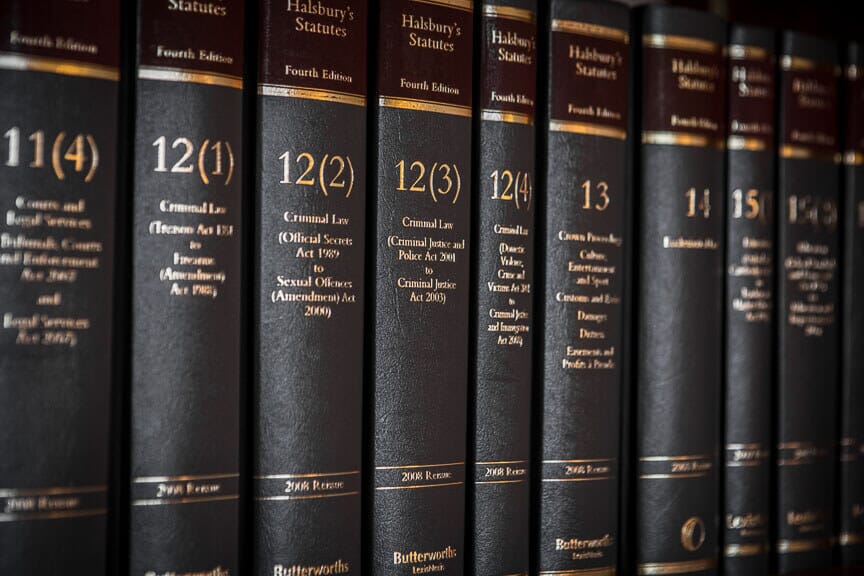
In Winterburn v Bennett [2016] EWCA Civ 482, the Court of Appeal held that a land owner could prevent easements arising by prescription by placing notices on its land.
This case involved the use of a car park (“the Car Park”) which belonged to the Conservative Club Association (“Club”). The Club used the Car Park for many years and sold it in 2010 to Mr and Mrs Bennett (“the Bennetts”). In May 2012, the Bennetts let the Car Park to a tenant, who placed a barrier across the entrance thereby obstructing vehicular access to the Car Park by unauthorised persons.
Mr and Mrs Winterburn (“the Winterburns”) owned a shop near the Car Park’s entrance which they had run as a fish and chip shop since 1992. Throughout the whole of the period from 1992 until 2012 when access was blocked, the shop’s customers and suppliers had regularly used the Car Park to park in while collecting fish and chips or making deliveries.
Until 2007 a sign was displayed at the entrance to the Car Park that read, “Private car park. For the use of Club patrons only. By order of the Committee.” This sign was obvious to anyone entering the Car Park. There was a similar sign in a window of the club house which was situated at the back of the Car Park. In spite of the signs, no one attending the fish and chip shop took any notice of them.
When the access to the Car Park was blocked, the Winterburns claimed that they had acquired a right by prescription to park cars and other vehicles belonging to themselves, their suppliers and their customers in the Car Park, under the doctrine of “lost modern grant” having used the Car Park for over 20 years.
The Court of Appeal held that the continuous presence of clear signs indicating that the Car Park was private property and for use by the Club’s patrons only was sufficient to make the parking use by the Winterburns, their customers and suppliers contentious. The Winterburns could not say that it had used the Car Park as of right. The Court further held that if the land owner has made its position clear by placing signs on the land, there is no obligation on it to take further action, such as writing letters, confronting users in person or bringing legal proceedings.
The judgment confirms a non-confrontational way for land owners to protect against others acquiring easements by prescription over their land. Note, however, that for signs to be effective in preventing someone from acquiring an easement by prescription, they must be sufficient to make the position clear to those using the land. This will be a question of fact.
For more information relating to easements or any other aspect of property law please contact either Hilary Coles or Nicole Roberts at Maitland Walker LLP on 01643 707777 or e-mail them using the following addresses: hilary.coles@maitlandwalker.com or nicole.roberts@maitlandwalker.com.
